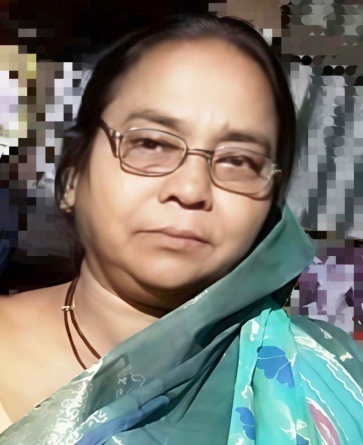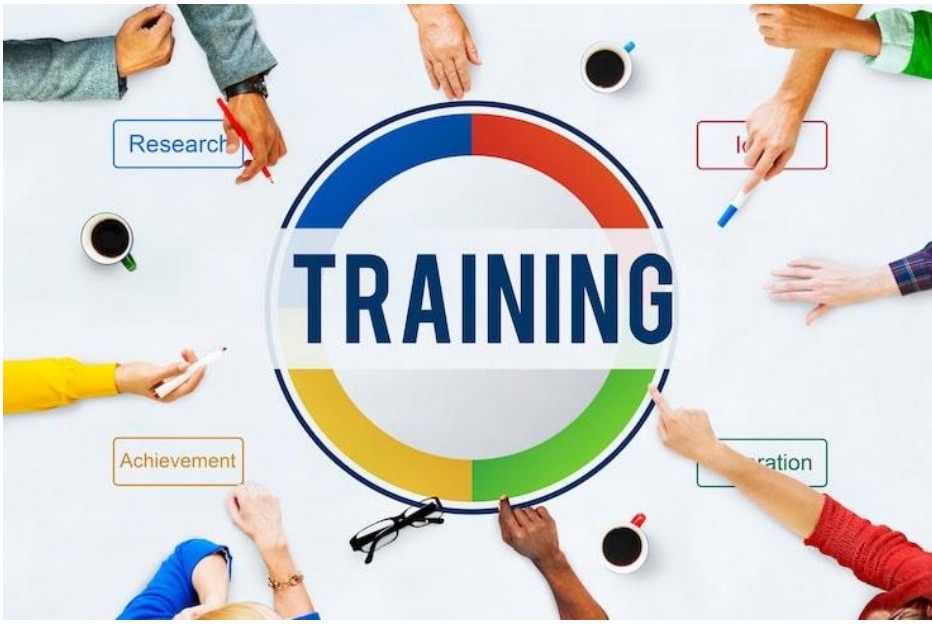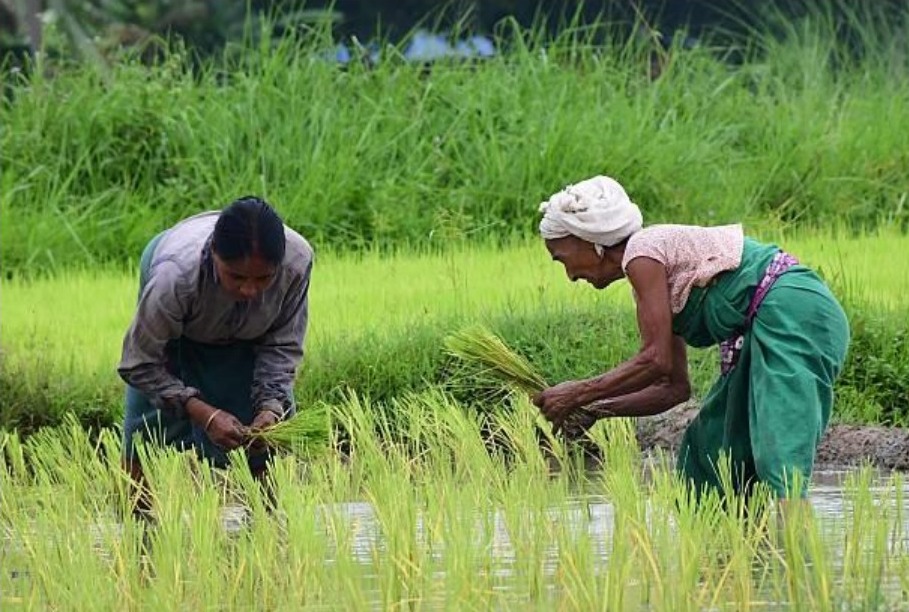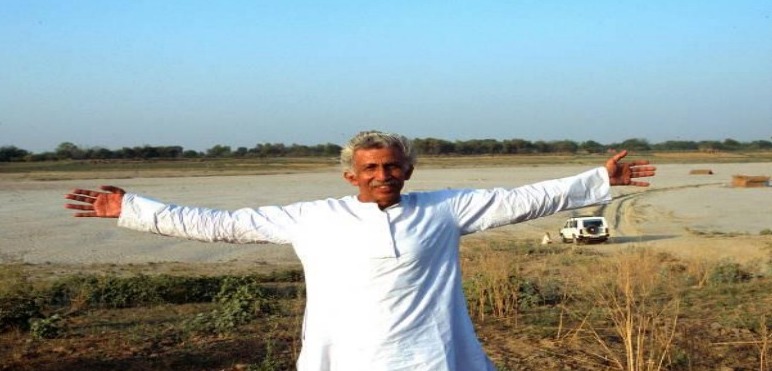CIN : U88900WB2024NPL268829 Date of Registration - 1ST MARCH 2024, PAN No – AAMCB3884E AND TAN No – CALB25807F
Support usAbout Us
It addresses social gaps, supports vulnerable groups, promotes education, health, Agriculture, Skill Training, Women Empowerment and fosters equality and sustainable growth, creating positive change in society towards Nation Building. BHARATSHUBHAMAYEE NAMITA FOUNDATION is a dedicated as socio-educational NGO under Section 8 – pursuant to sub-section (2) 0f section 7, sub-section (1) of section 8 of the Companies Act, 2013 (18 of 2013) and rule 18 of the Companies (Incorporation) Rules, 2014) established in 1st March 2024 in the registered Address - KESHAIPUR, P.O. CHURNI RAGHUNATHPUR, P.S. DHANTALA, DIST. NADIA – 741501, WEST BENGAL, INDIA
Our mission is to provide education to underprivileged children facing challenges such as child labor, HIV/AIDS, rare disabilities, and disasters, as well as children from slums and the poorest families in the marginalized society towards socio-economical empowerment of people for the better society
We offer essential support like books, uniforms, and bags to ensure their education is uninterrupted. Beyond schooling, we focus on higher education access, women empowerment, agricultural crop farming and manufacturing workshops for the skill youth of the society for the smooth environmental protection, and health awareness, aiming to foster a healthy and educationally vibrant society in the state of West Bengal, India.
Founder Board Members

NAMITA MANDAL
PRESIDENT

BHARAT MANDAL
SECRETARY & DIRECTOR

SUBHANKAR BISWAS
TREASURER
Our Vision
We envision creating a healthy and educational environment in our society, where every individual, especially underprivileged children, can access opportunities for growth, learning, and empowerment.
Our Mission
Our main aim is to educate society about issues like access to higher education for poor college students, Skill Training, women empowerment (Formation of Self Help Group), Agricultural Development, environment protection, and health, fostering awareness and positive change towards nation building commitment.
Our Services
Children Rights

In India, child rights are enshrined in the Constitution and various laws, emphasizing the protection and well-being of children. Key rights include the right to education, protection from hazardous work, and freedom from abuse and exploitation. These rights are further elaborated through international conventions like the UN Convention on the Rights of the Child, which India is a signatory to
How many types of child rights are there?
There are 10 fundamental rights of a child in India – the right to survival, education, protection, participation, development, health and well-being, identity, expression, nondiscrimination, and a safe environment. These basic rights of children, including children's rights to protection, cover various aspects of their growth, safety, and overall well-being, ensuring a nurturing environment for their holistic development.
What are the child rights acts in India?
India has a fairly comprehensive policy and legal framework addressing the rights and protection of children. Here are the list of child rights in India:
- The Juvenile Justice (Care and Protection) Act (2000, amended in 2015)
- The Prohibition of Child Marriage Act (2006)
- The Protection of Children from Sexual Offences Act (2012)
- The Child Labour (Prohibition and Regulation) Act (1986, amended in 2016)
These acts aim to ensure the fundamental rights of children in India, including the right to life, survival, and development.
What are the 4 important child rights in India?
The four important child rights in India are as follows:
- Right to education
- Right to protection
- Right to participation
- Right to development
The right to education ensures access to quality education, enabling children to explore their interests and acquire knowledge. The right to protection safeguards children from abuse and exploitation, while the right to participation empowers children to voice their opinions and ideas. The right to development emphasizes access to nutrition, healthcare, and opportunities that promote physical, mental, and emotional well-being.
Nutrition

India's nutrition policy is a comprehensive approach to combating malnutrition, with a focus on vulnerable populations like women and children. The policy aims to improve nutritional outcomes through a multisectoral strategy, addressing both direct interventions and broader development policies.
Key initiatives include the National Nutrition Mission (Poshan Abhiyaan) and the National Nutrition Policy, both aiming to reduce malnutrition and improve overall nutritional status.
Education and Skill Training

Education and skill development are intertwined processes that contribute to an individual's overall growth and success. Education provides the foundational knowledge and cognitive abilities, while skill development focuses on practical application and proficiency in specific tasks. In essence, education lays the groundwork, and skill development builds upon that foundation to create actionable capabilities. Education is a broad process of acquiring knowledge, values, beliefs, and habits through various learning methods. It encompasses formal schooling, informal learning, and self-directed study. Education aims to develop critical thinking, problem-solving, and analytical skills, preparing individuals for a range of opportunities and challenges. It often involves assessments and certifications to validate the understanding of the material. Skill development, on the other hand, focuses on enhancing an individual's ability to perform specific tasks or activities. This can be achieved through formal training programs, on-the-job experience, or self-directed learning. Skill development aims to transform theoretical knowledge into practical, real-world applications. It can encompass technical skills (like coding or plumbing) and soft skills (like communication or leadership). The relationship between education and skill development is synergistic: Education provides the base knowledge, while skill development hones that knowledge into practical abilities. For example, a student might learn the theory of computer programming in a classroom (education), and then develop coding skills through practical projects (skill development).
Key distinctions between education and skill development:
- Focus: Education focuses on broad knowledge and cognitive abilities, while skill development focuses on specific, practical abilities.
- Application: Education provides the foundation, while skill development focuses on application and practical implementation.
- Outcomes: Education broadens understanding and prepares for a range of opportunities, while skill development enhances employability and adaptability.
In the modern context, both education and skill development are crucial for success. Technological advancements and globalization 8 have increased the demand for individuals with both a strong educational foundation and specialized skills according to ResearchGate. This has led to a growing emphasis on lifelong learning and the integration of skill development into educational systems.
Health Care

Healthcare services encompass all the actions taken to diagnose, treat, and prevent disease, illness, injury, and other physical and mental impairments in humans and animals. It involves a wide range of professionals, organizations, and facilities dedicated to promoting health and well-being. This includes everything from primary care at local clinics to specialized treatments in hospitals, and even preventative measures like vaccinations and screenings.
What are basic health services?
Basic Healthcare Services (BHS) is a not-for-profit organization with a vision of high-quality and low-cost primary health care for underserved communities. The organization provides responsive healthcare to rural, tribal communities in South Rajasthan, through a network of primary care clinics.
The four main levels of healthcare:
- Primary care: Basic health needs
- Secondary care: More specialized care
- Tertiary care: Highly specialized treatment
- Quaternary care: Highly specialized and complex medical issues
Agriculture

Agriculture development programs aim to enhance agricultural production, productivity, and sustainability while improving the livelihoods of farmers. These programs often involve a combination of technological advancements, infrastructure development, and policy interventions.
Objectives:
- Increased Production and Productivity
- Sustainable Practices
- Improved Livelihoods
- Resilience to Climate Change
- Food Security
Key Components:
- Technology Transfer and Adoption
- Infrastructure Development
- Access to Finance and Credit
- Market Access and Value Chain Development
- Policy and Institutional Support
Examples of Programs:
- National Agriculture Development Programme (NADP)
- Rashtriya Krishi Vikas Yojana (RKVY)
- National Food Security Mission (NFSM)
- Pradhan Mantri Kisan Samman Nidhi (PM-KISAN)
- Pradhan Mantri Fasal Bima Yojana (PMFBY)
- Paramparagat Krishi Vikas Yojana (PKVY)
Women Empowerment

A woman empowerment program is a comprehensive initiative designed to uplift women by enhancing their social, economic, political, and legal status. These programs often focus on providing women with resources, skills, and opportunities to improve their lives and participate more fully in society.
Key aspects of women empowerment programs:
- Economic Empowerment: Providing access to resources like loans, training for income-generating activities
- Skill Development: Training in various fields including vocational skills and digital literacy
- Health and Well-being: Addressing women's health needs including reproductive health and nutrition
- Education and Literacy: Ensuring access to education and promoting literacy
- Political and Legal Empowerment: Promoting participation in decision-making and advocating for rights
- Digital Inclusion: Bridging the digital divide for women
Examples of Women Empowerment Programs:
- Support to Training and Employment Programme for Women (STEP)
- UN Women's programmes
- Women Empowerment International
Environment

Environment Conservation Program
Tree Plantation Drive called as Save trees, save a life, under Mission-Green India Social Charitable Trust emphasizes the vital role of trees in maintaining clean air and reducing pollution. By increasing oxygen levels and decreasing CO2, trees help create a healthier, pollutant-free environment.
Save trees, save a life is our call to action, promoting a sustainable future and combating environmental challenges. Join us in making a difference for a greener and cleaner India!
Donate Now
Make a generous donation to help us reach more beneficiaries.

Bank Details:
Account Number: 925020042939795
Bank: AXIS BANK
Account Holder: BHARATSHUBHAMAYEE NAMITA FOUNDATION
Branch: RANAGHAT BRANCH
IFSC Code: UTIB0001443
UPI ID: 9477319110@axisbank
✅ All donations are eligible for tax savings under 80G.
Volunteer With Us
Volunteer with us for making a difference in somebody's life and also it is a good opportunity for you to give back to the society.
Contact Us
office contact: 9434515762
Director contact: 9477319110/9333172055
Director Email : director@bsmnf.com/Office Email: info@bsmnf.com
Office Website: www.bsmnf.com
KESHAIPUR, P.O.- CHURNI RAGHUNATHPUR, P.S.- DHANTALA, DIST. NADIA – 741501, WEST BENGAL, INDIA
